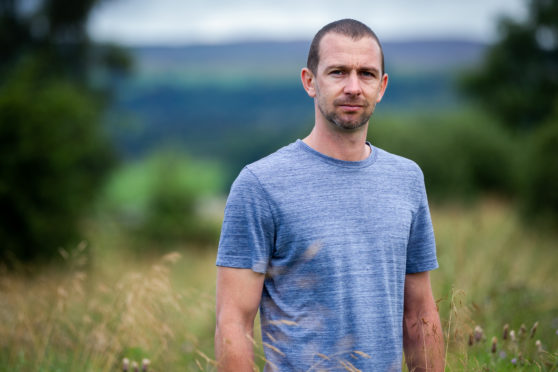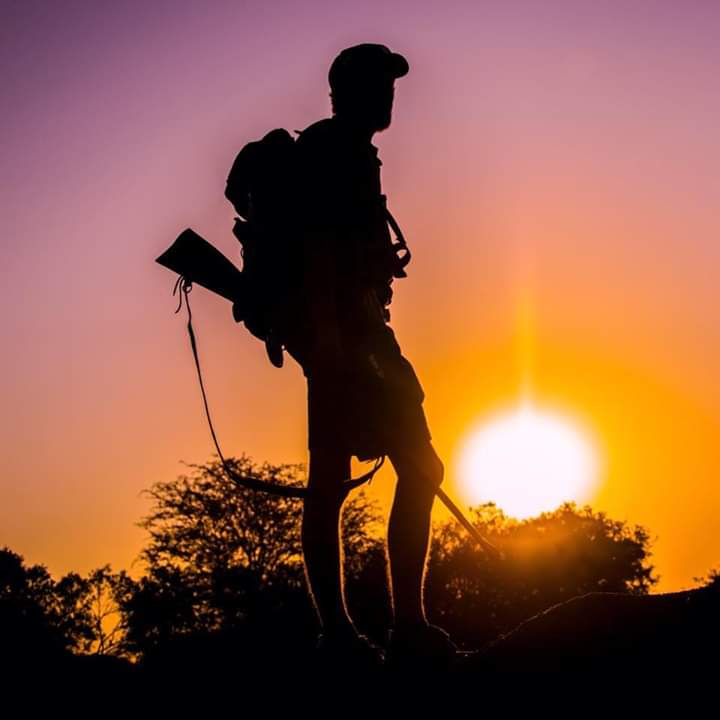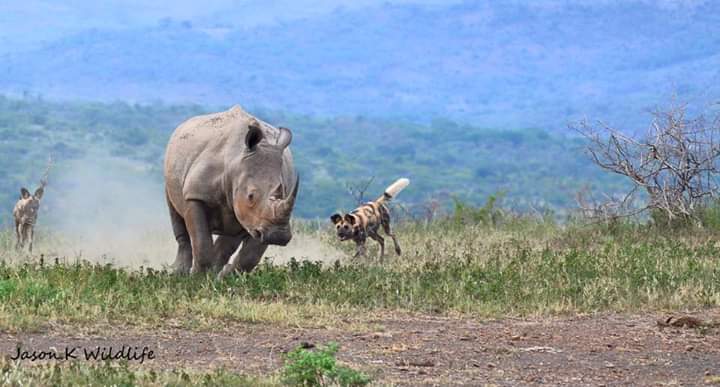
A conservationist has left the frontline war against poachers in Africa to help save Scotland’s endangered birds.
Jason Kipling was a head ranger working to protect rhinos and elephants from heavily armed poachers in the Kruger National Park, in South Africa.
However, the 30-year-old wildlife expert has moved to Scotland to work with the RSPB and says his work here is just as important.
There are 67 types of birds officially under threat in the UK, including iconic Scottish birds such as capercaillie and golden eagles.
As a membership development officer with the RSPB, Jason is now working to conserve Scotland’s disappearing birds.
He said: “Scotland has its own challenges conserving birds and other wildlife that is disappearing. The UK has a quarter of the global breeding population of curlews and half live in Scotland.
“But numbers of the beautiful long-curved- beaked bird have halved because their habitat has been lost.
“Predators are killing the remaining ones.”
Jason has worked for the RSPB in Scotland since January and arrived here with his girlfriend, Lorna Bonnington, a teacher. Scot Lorna worked with Jason at Kruger but now lives in Bishopbriggs, East Dunbartonshire.
But, Jason admits, the windswept cliffs and dense forests of Scotland are a long way from the scorching African bush.
Kruger National Park covers an area 217 miles by 37 miles and its wildlife is prey to greedy, violent poachers, who will stop at nothing to slaughter rhinos for their horns.
“The saddest moments were coming across rhinos lying shot and dead, some of them had been pregnant and their dead calves were lying dying beside them,” said Jason.
“It was like losing a member of the family and heartbreaking. You would get to know many of the animals and follow their lives.”
The poachers shoot the rhinos with high-calibre rifles before plundering them for their horn.
Edinburgh Napier University ecologist Dr Jason Gilchrist predicts the current rate of poaching will make rhinos extinct in our lifetime.
The horn commands £54,000 for just over two pounds in weight, far more expensive than gold.
“It is moving from traditional medicine to investment value as jewellery and other processed artefacts in the art and antiques market,” Dr Gilchrist warns.
Jason Kipling always carried a gun for his own protection. A game ranger was murdered by poachers at Kruger National Park in South Africa in 2017.
Since 2009 almost 900 rangers and conservationists have died while protecting wildlife worldwide.
The International Ranger Federation (IRF) and the Thin Green Line Foundation, who support rangers, say half of all rangers are murdered by poachers.
“It is the most beautiful and, at times, the most dangerous job in the world,” he said.
“I always carried a rifle.
“The poachers usually operate at night and great efforts are being made to track them.
“Drones are used during the day and thermal imaging at night.”
His most dangerous moments working so close to the wildlife have included avoiding being killed by large bull elephants and leopards.
“You have to know the park and the animals. They all have their own personalities and you have to respect that this is their territory.
“I was once charged by a huge elephant bull that stopped about a yard away.
“His huge tusks stretched to either side of me.”

Enjoy the convenience of having The Sunday Post delivered as a digital ePaper straight to your smartphone, tablet or computer.
Subscribe for only £5.49 a month and enjoy all the benefits of the printed paper as a digital replica.
Subscribe
